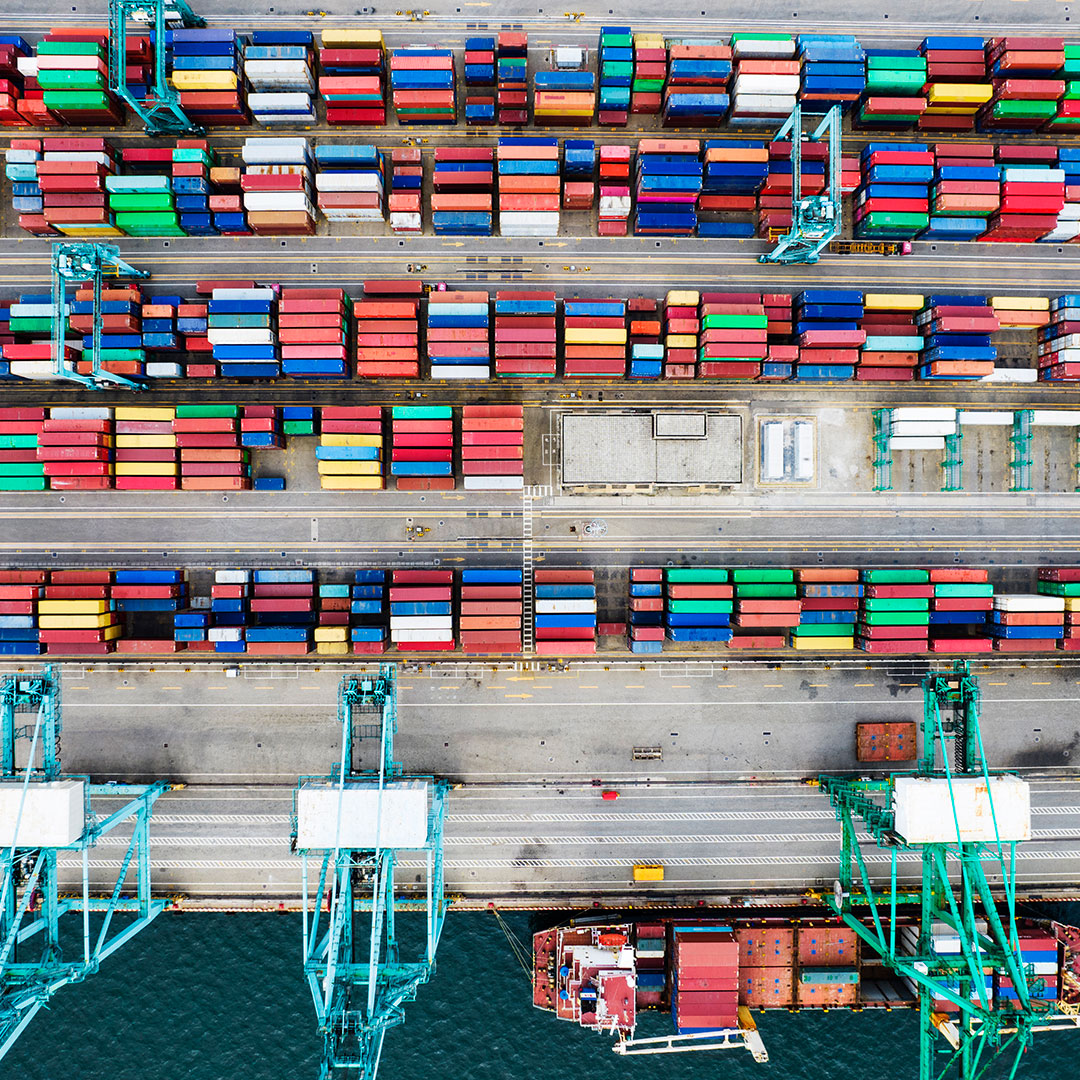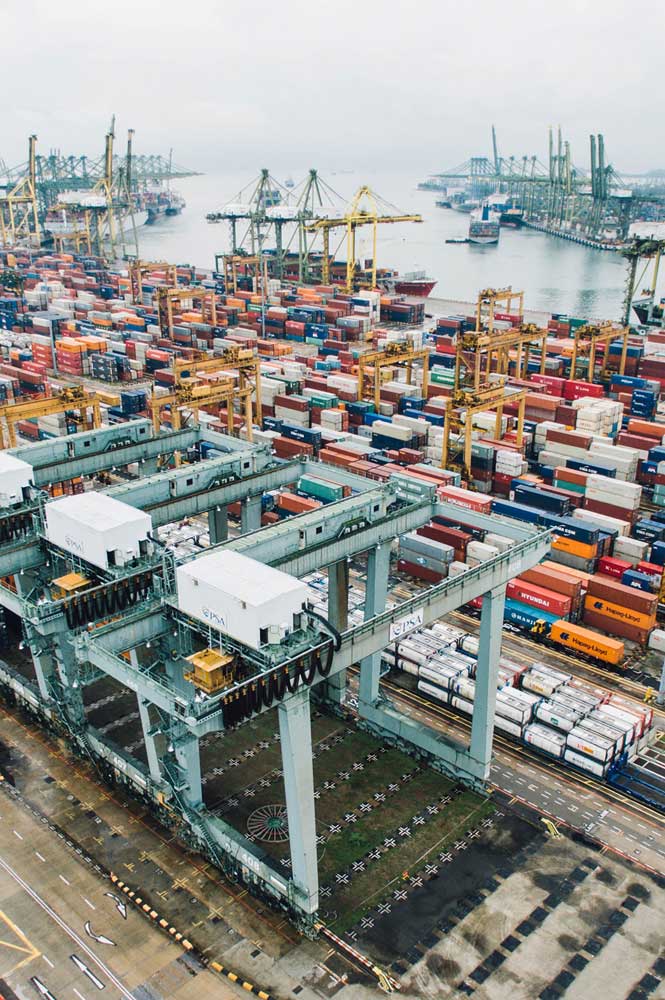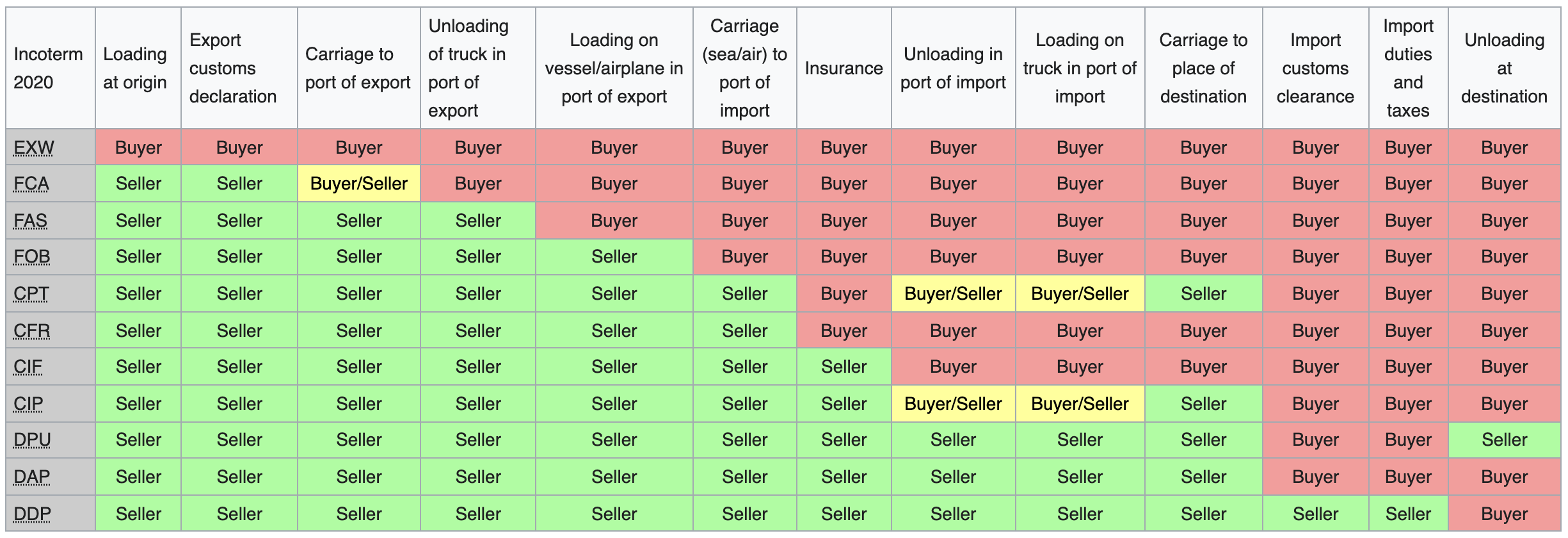Incoterms



Defined terms in Incoterms
There are certain terms that have special meaning within Incoterms, and some of the more important ones are defined below
- Delivery: The point in the transaction where the risk of loss or damage to the goods is transferred from the seller to the buyer
- Arrival: The point named in the Incoterm to which carriage has been paid
- Free: Seller has an obligation to deliver the goods to a named place for transfer to a carrier
- Carrier: Any person who, in a contract of carriage, undertakes to perform or to procure the performance of transport by rail, road, air, sea, inland waterway, or by a combination of such modes
- Freight forwarder: A firm that makes or assists in the making of shipping arrangements;
- Terminal: Anyplace, whether covered or not, such as a dock, warehouse, container yard or road, rail or air cargo terminal
- To clear for export: To file Shipper’s Export Declaration and get an export permit
The Incoterms or International Commercial Terms
are a series of pre-defined commercial terms published by the International Chamber of Commerce (ICC) relating to international commercial law. They are widely used in international commercial transactions or procurement processes and their use is encouraged by trade councils, courts, and international lawyers. A series of three-letter trade terms related to common contractual sales practices, the Incoterms rules are intended primarily to clearly communicate the tasks, costs, and risks associated with the global or international transportation and delivery of goods. The Incoterms rules are accepted by governments, legal authorities, and practitioners worldwide for the interpretation of the most commonly used terms in international trade. They are intended to reduce or remove altogether uncertainties arising from the differing interpretations of the rules in different countries. As such they are regularly incorporated into sales contracts worldwide.
EXW (ex works)
Condition of loading the goods directly from the enterprise (warehouse). All costs associated with the delivery of goods, their loading and insurance are borne by the buyer. In the interests of the seller, this is the most favorable condition, the contract.
FCA (free carrier)
Under this condition, the shipper must deliver the goods to the carrier. All transportation costs are borne by the buyer, but part of this total cost (delivery to the carrier) falls on the seller.
FAS (Free Alongside Ship)
This condition stipulates that the seller is obliged to deliver the goods on board the ship chartered by the buyer. All costs and risks are borne by the seller until the goods are transported to the ship.
FOB(Free On Board)
It is one of the most common basic conditions. It obliges the seller to deliver the goods to the port of departure in accordance with the agreed contract and to load the goods on board the ship chartered by the buyer.
CFR(Cost and Freight)
Under this agreement, the seller must pay for the delivery of the exported cargo to the port of departure. In this case, the seller must also charter the vessel that delivers the cargo to the destination.
CİF(Cost, Insurance and Freight)
This is one of the most common basic conditions. This is practically analogous to the terms of the CFR, but in contrast, the exporter includes insurance costs in the process of transportation. If the contract does not provide for any additional conditions, then the negotiation (agreement) on marine insurance has the ability to minimize the risks (cover). Such an agreement is “exempt from special accident insurance”, in other words, the insurance agreement only covers the risk provides.
CPT(Carriage Paid To)
Under this agreement, the seller must pay for the delivery of the exported cargo to the port of departure. In this case, the seller must also charter the vessel that delivers the cargo to the destination.
CİF(Cost, Insurance and Freight)
This condition is reminiscent of CFR. It states that the consignor pays the cost of transportation to the point of destination under a conditional foreign trade contract. The costs paid by the seller include the freight fee for the export license. The buyer is obliged to accept the goods at the agreed place, to pay all the costs of delivery of the goods to the final point (except freight).
CİP(Carriage And Insurance Paid To)
In essence, this base condition means “freight … paid.” Only the seller must ensure that the risk of damage or destruction of the cargo to be delivered during transportation is insured (ie added to these conditions).
DDP(Delivered Duty Paid)
The foreign trade contract reflects the maximum obligations (costs) of the consignor. The exporter delivers the goods to the importer’s point of view in accordance with this condition by paying customs duties
DAT(Delivered at Terminal)
The seller must transport and unload the cargo to the destination determined by the buyer (port, customs warehouse, container park, air cargo terminal or buyer’s warehouse).
DAP(Delivered at Place)
The seller must transport the goods to the destination determined by the buyer (port, customs warehouse, container park, air cargo terminal or buyer’s warehouse)

